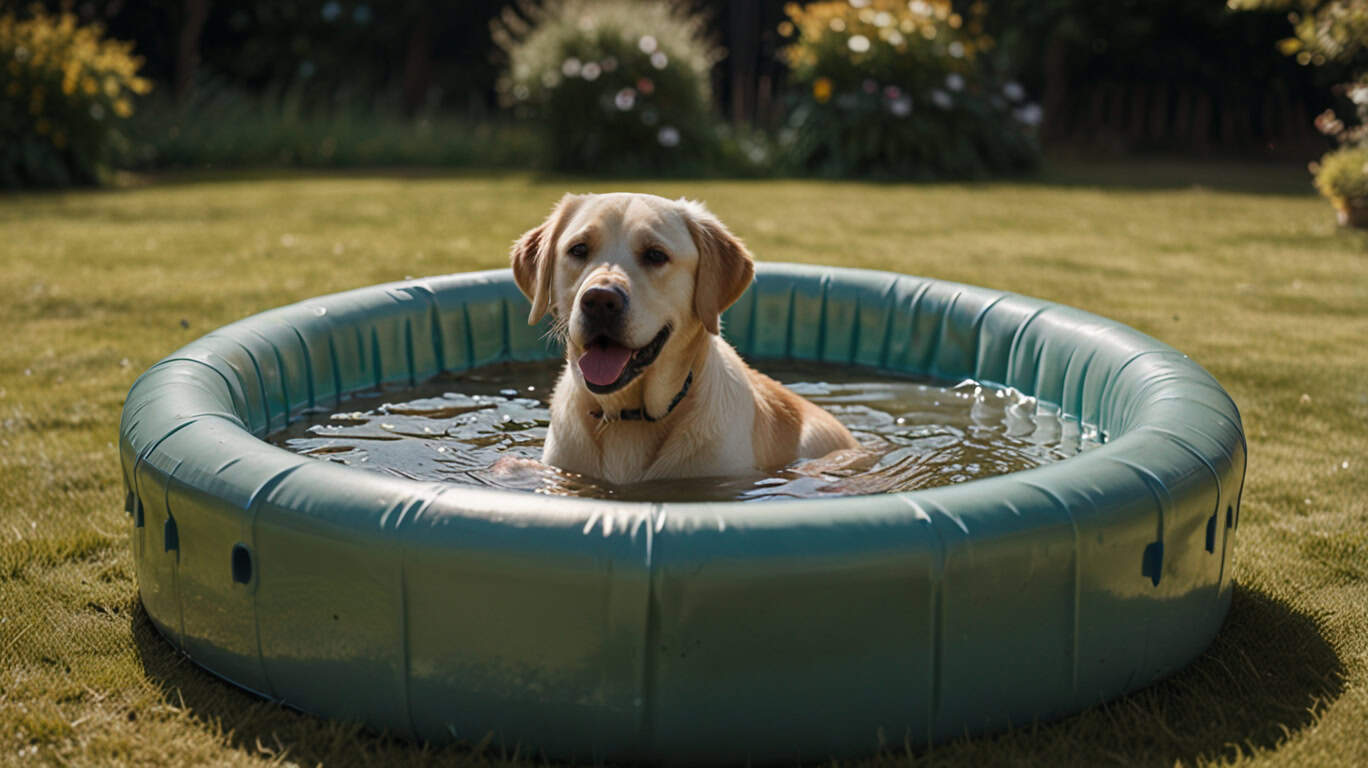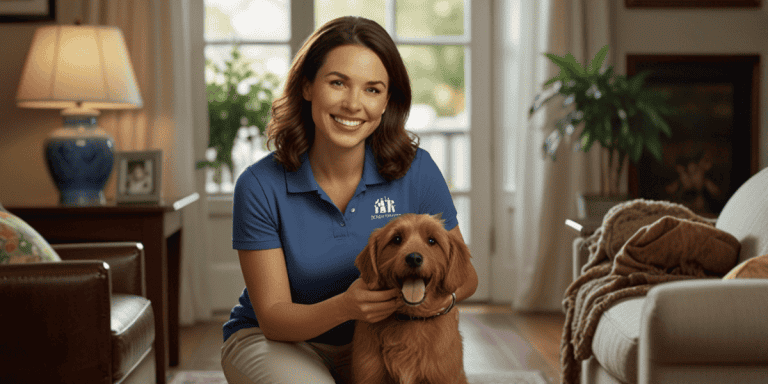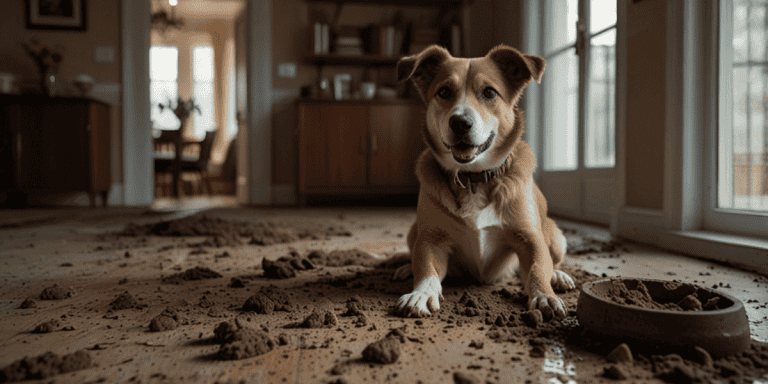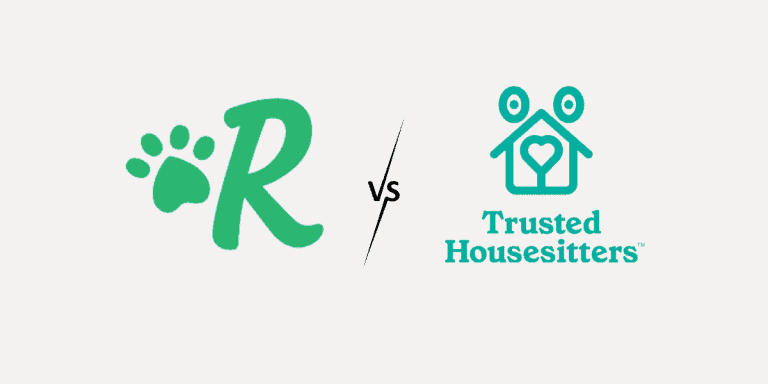Seasonal Pet Sitting: Be Prepared for Summer, Winter & Holidays

Every season brings its own set of joys — and challenges — for pet sitters. Whether you’re walking dogs in a heatwave, keeping cats calm during fireworks, or navigating snowy streets to make a visit, being prepared year-round is what sets a great sitter apart from a good one.
In this guide, I’ll break down the seasonal risks and tips you need to know to keep pets safe, happy, and comfortable all year long.
Want to know more about the ins and outs of pet sitting in general? Check out this ultimate guide!
Summer Pet Sitting Tips
Watch for Signs of Overheating
Dogs and cats can easily overheat, especially brachycephalic (flat-faced) breeds like pugs, bulldogs, and Persian cats. Early signs of overheating can include heavy panting, drooling, restlessness, or vomiting. Heatstroke is a more serious condition and requires immediate action.
Tips:
- Walk dogs early in the morning or late evening when temperatures are cooler.
- Avoid hot pavements — use the 5-second rule: if it’s too hot for your hand, it’s too hot for paws.
- Always bring water and a portable bowl, and encourage pets to drink regularly.
- Close curtains to keep homes cool and reduce the indoor temperature.
Prevent Fleas, Ticks & Insects
Summer means more bugs. Ask owners about flea and tick treatments before starting your pet sitting. Also, check pets (and yourself) for ticks after garden playtime.
Tips:
- Perform regular flea and tick checks after outdoor play.
- Keep pets indoors during peak insect activity times, usually dawn and dusk.
- Use pet-safe insect repellents when applicable.
Winter Pet Sitting Tips
Protect Against the Cold
Some pets, especially short-haired breeds or older animals, feel the chill more intensely. Pets can suffer from frostbite or hypothermia if left in the cold for too long.
Tips:
- Limit outdoor time on icy days, especially for small or older pets.
- Wipe paws after walks to remove grit, salt, or de-icer (which is toxic to pets).
- Bring a towel for wet or muddy paws, and always dry pets thoroughly.
- Layer up pets with dog coats or jumpers (with owner permission), particularly those with thin coats or smaller body types.
Adjust Visit Times
Winter means shorter days, so plan walks and bathroom breaks while it’s still light for visibility and safety. Bring a torch or wear reflective gear when necessary.
Tips:
- Schedule walks during daylight hours, if possible.
- Keep a reflective vest or leash for extra safety when out in low-light conditions.
Holiday Pet Sitting Tips (Fireworks, Parties & Visitors)
Fireworks & Loud Noises
Bonfire Night, New Year’s Eve, and other holidays bring the threat of loud noises that can terrify pets. Fireworks and crowds can stress them out.
Tips:
- Keep pets indoors and close the curtains and windows to dampen sound.
- Play calming music or TV in the background to mask the noise.
- Use calming products like pheromone sprays or anxiety wraps (ask the owner first).
- Stay calm and act normal — your energy and demeanour affect the pet’s stress levels.
Holiday Decor & Food Hazards
Tinsel, chocolate, turkey bones, and festive plants like poinsettias can all spell disaster for pets. Be especially cautious about holiday food and decorations.
Tips:
- Watch out for hazardous foods like chocolate, grapes, onions, and turkey bones.
- Be mindful of electric cables, decorations, and ornaments within chewing distance.
- Prevent guests from leaving doors or gates open, which can allow pets to escape or cause accidents.
Seasonal Considerations for Different Types of Pets
Cats & Small Animals:
- Summer: Keep them cool, and if possible, place a fan near their resting spots to help with heat regulation.
- Winter: Cats may become more lethargic, so make sure they have warm spots to curl up in.
- Holidays: Cats may be curious about holiday decorations or even eat harmful tinsel or plants. Keep these well out of reach.
Birds & Reptiles:
- Summer: Birds need extra hydration in hot weather, and reptiles may need cooling lamps. Keep them hydrated and comfortable.
- Winter: Birds should be kept out of drafty areas, and reptiles should be kept in temperature-controlled environments.
- Holidays: Birds are known to chew on decorations or wires, so ensure their area is safe from tempting (but dangerous) holiday decor.
Additional Tips for Pet Sitters
Seasonal Questions to Ask Clients
Before each new booking, always ask:
- “Has anything changed in your pet’s routine for this season?”
- “Do they react to fireworks or thunderstorms?”
- “Are there any seasonal medications or allergies I should know about?”
Asking these questions shows professionalism and helps you prepare properly. Don’t hesitate to inquire about changes in diet or activity level, as these could change with the seasons.
Final Thoughts
Each season brings unique challenges, but with a bit of planning and awareness, you can keep pets safe and impress your clients all year round. Pet sitting isn’t just a summer side hustle — it’s a year-round responsibility that requires attention to the changing needs of pets in every season.






